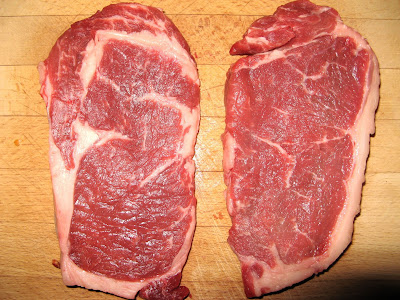This blog may help people explore some of the 'hidden' issues involved in certain media treatments of environmental and scientific issues. Using personal digital images, it's also intended to emphasise seasonal (and other) changes in natural history of the Swansea (South Wales) area. The material should help participants in field-based modules and people generally interested in the natural world. The views are wholly those of the author.
Wednesday, 4 November 2020
Where's the Beef (Tax)?
The UK Health Alliance on Climate Change (UKHACC) is a body incorporating 10 Royal Colleges of Medicine and Nursing, the British Medical Association as well as the Lancet journal. So it is pretty representative of the professionals that look after human health in this country. The UKHACC are advocating a climate tax on food (such as meat and dairy products) with a heavy environmental impact to be introduced by 2025 (https://www.theguardian.com/environment/2020/nov/04/uk-health-professions-call-for-climate-tax-on-meat). They obviously think that the tax would produce health benefits by both a) reducing the amount of meat and dairy products consumed and b) helping to pay for the impact of their production on climate change (cattle are big producers of methane). The taxes would presumably be levied on both UK-produced and imported foods? It seems a not unreasonable suggestion, so long as it doesn't fall only on the poorer sectors of society.
Subscribe to:
Post Comments (Atom)
-
I n the UK and US, a pparently popular and successful vegan/vegetarian restaurants are reportedly closing or adding meat to their menus ( ...
-
Early ripening fruit may seem convenient but some folk think it confirms environmental stress. There's also a possibility th...


%20mating%20NWCW.jpg)


No comments:
Post a Comment